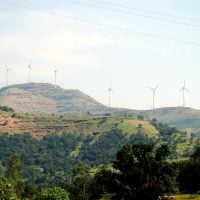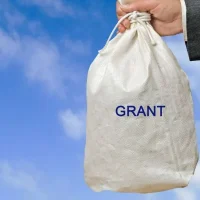Deadline: 13-Aug-21
The Stockholm Environment Institute (SEI) announces a call for proposals for research partners to conduct case studies in Cambodia, Lao People’s Democratic Republic, Thailand and Vietnam.
Working in collaboration with stakeholders and using regional case studies, they will identify knowledge gaps, mitigating pathways, economic, employment and labour market policy options, roles of stakeholders, and opportunities to improve the quality of jobs and contribute to a healthier and more resilient economy. They will frame the research within a larger analytical framework of environmental justice and distributive environmental justice.
The project seeks to understand the differentiated impacts of air pollution on those within the world of work in Southeast Asia and to identify recommendations on how to reduce air pollution and improve the quality and quantity of employment in a context of just transitions towards a low carbon economy.
Objectives
- The overall objective is to understand the differentiated impacts of air pollution on the world of work in East and Southeast Asian countries, and to identify evidence-based recommendations from regional case studies, to improve air quality and the quality and quantity of employment in a context of just transitions towards a low carbon economy.
- As a result, they will add to the evidence base needed by policy makers, employers and labour organisations and practitioners working in the environment, labour and health sectors to mitigate the ‘gendered’ impacts of air pollution in work.
Funding Information
- Total funds available are up to 400,000 Swedish Krona (SEK) per country.
- A total of three projects will be funded.
Outcomes
- The project will produce knowledge that can be used by policy makers, employers’ and workers’ organisations, and civil society, at the intersection of labour, environment and health. It will help to ensure that ‘gendering’ effects of any measures that are applied are fully accounted for in decision-making.
- Through active participation and capacity building, they will also raise the awareness of employers’ and workers’ groups and other civil society organisations working on air quality and labour rights about the need to consider air quality in the context of work, and identify potential solutions that also create employment opportunities, working in collaboration with local organisations in the case study countries.
Proposal Selection Criteria
Proposals will be evaluated based on the following criteria:
- Knowledge of the fields of air quality, labour and gender/social sciences
- Demonstrate research and policy engagement capacity
- Ability to foster co-production of knowledge through an inclusive, multi-disciplinary approach
- Research management capabilities
- Ethical considerations
Preferred Lead
- Proposals may be submitted by a single organisation or consortium. If a consortium, the proposal should be led by one lead institution (the contracting party) who will be responsible for the administration of the project and its budget. The roles of each consortium member should also be specified in the proposal. The lead institution must remain in regular liaison with SEI.
- Preference will be given to applicants or consortium already based in the proposed country of study to avoid any unnecessary delays due to international travel restrictions arising from the COVID situation.
For more information, visit https://www.sei.org/projects-and-tools/projects/air-pollution-world-of-work/#call-for-proposals









































